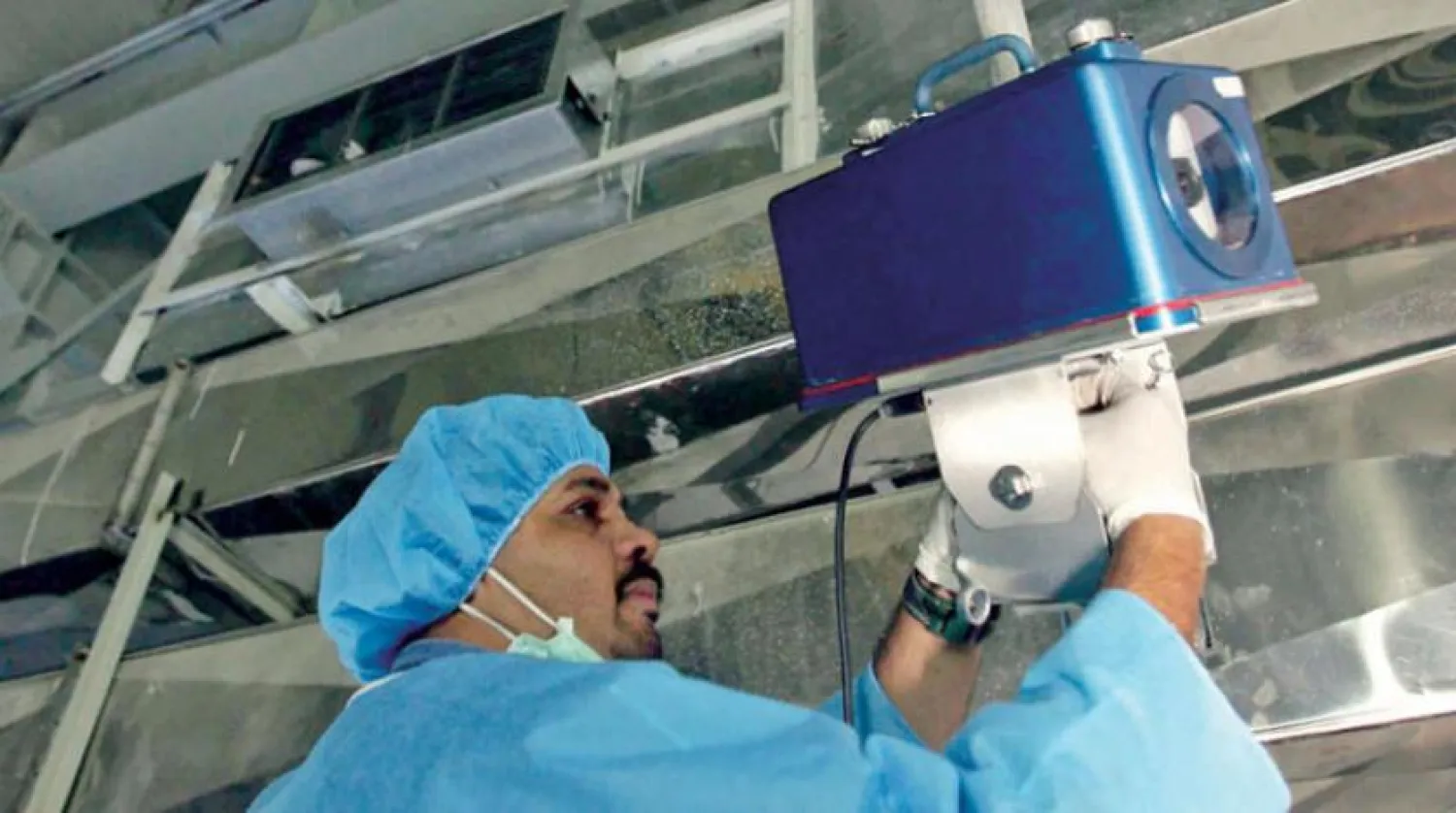The Arms Control Agency (ACA) reported that the International Atomic Energy Agency (IAEA) began reinstalling cameras at certain nuclear facilities in Iran under an agreement reached with Tehran in March.
At the beginning of March, IAEA Director-General Rafael Mariano Grossi reached an agreement with Iranian officials to restart surveillance cameras at several nuclear sites and increase inspections at the Fordow facility.
After Grossi’s return, Tehran said that there was no agreement regarding the installation of new cameras in Iran’s nuclear facilities. The IAEA director-general had told reporters at Vienna airport upon his return from Tehran that the two parties had agreed to re-install all additional surveillance equipment, such as surveillance cameras, which had been placed at the nuclear sites under the 2015 deal with the major powers, and which Tehran had removed in stages.
The report of the Washington-based ACA, does not point to the number of surveillance cameras that Tehran has agreed to install. No comment was made by the IAEA and the Iranian Atomic Energy Organization in this regard.
ACA quoted Grossi as saying in an interview with PBS NewsHour on Apr. 1 that the agency is “starting with the installment of cameras” and the “reconnection of some online monitoring systems.” He said the process will take a few weeks and will increase the agency’s visibility into Iran’s nuclear program.
He also described the reinstallation of the surveillance equipment as a “deescalation” of the tensions over Iran’s nuclear program, ACA reported.
It is not clear whether the recent agreement between Grossi and Tehran includes the delivery of surveillance camera recordings, that is, the process that Tehran has rejected since its abandonment of the “additional protocol” attached to the Nuclear Non-Proliferation Treaty in February 2021.
Iranian Foreign Ministry spokesman Nasser Kanaani sent a new warning message to the IAEA at his weekly press conference on Monday regarding comments made by agency officials about Tehran’s commitment to the recent agreement.
“We do not see raising such issues in the media as useful. We recommend agency officials to avoid the media. Given the recent agreement and Iran’s reception of IAEA delegations, they should be allowed to confirm issues in their natural and technical tracks,” Kanaani noted, as quoted by ISNA.
The Iranian Foreign Ministry spokesman said on Monday that the diplomatic track was still open, stressing that his country continued to exchange messages through various means.
He added that Tehran “is ready to complete the nuclear negotiations while preserving its red lines.”
At the same time, Kanaani warned the Western parties against triggering the “snapback” mechanism stipulated in the nuclear agreement, which allows those parties to the re-impose, or “snapback” all sanctions if Iran failed to comply with the agreement.









